Hillary Clinton’s recent social media tribute to D-Day stirred quite a storm. On the 80th anniversary of the Normandy landings, she linked the historic fight for democracy with the act of voting today.
Her post read, “Eighty years ago today, thousands of brave Americans fought to protect democracy on the shores of Normandy. This November, all we have to do is vote.”
A Clash of History and Politics
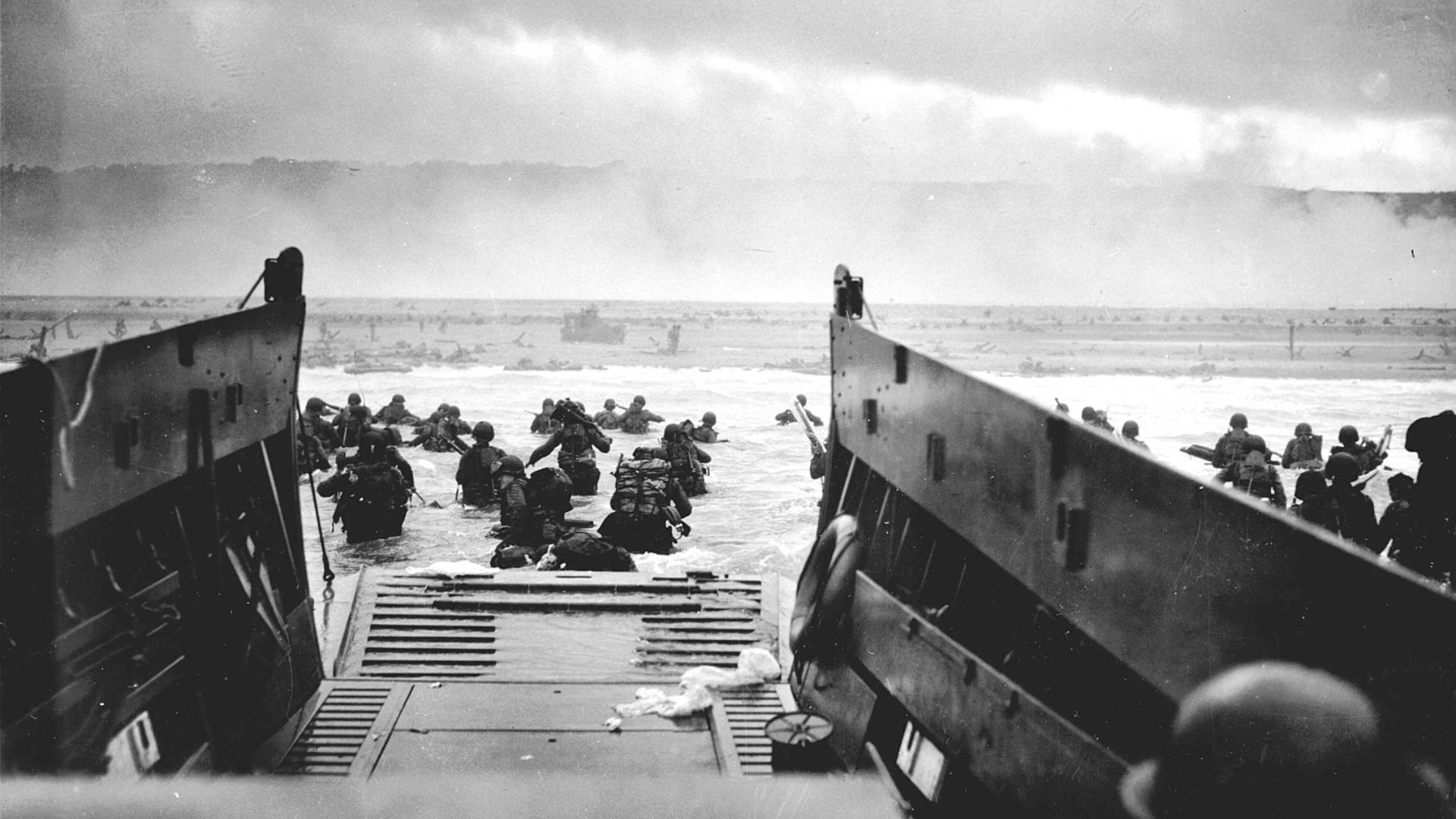
Conservatives did not take kindly to Clinton’s post, finding her comparison between WWII sacrifices and modern voting deeply inappropriate.
RedState’s Bonchie expressed his dismay vividly: “Just pure evil. Comparing the sacrifices of those who died to defeat Hitler and retake Europe to Democrats voting against Donald Trump. Sick and disgusting.”
From Radio Waves to Social Media Disapproval
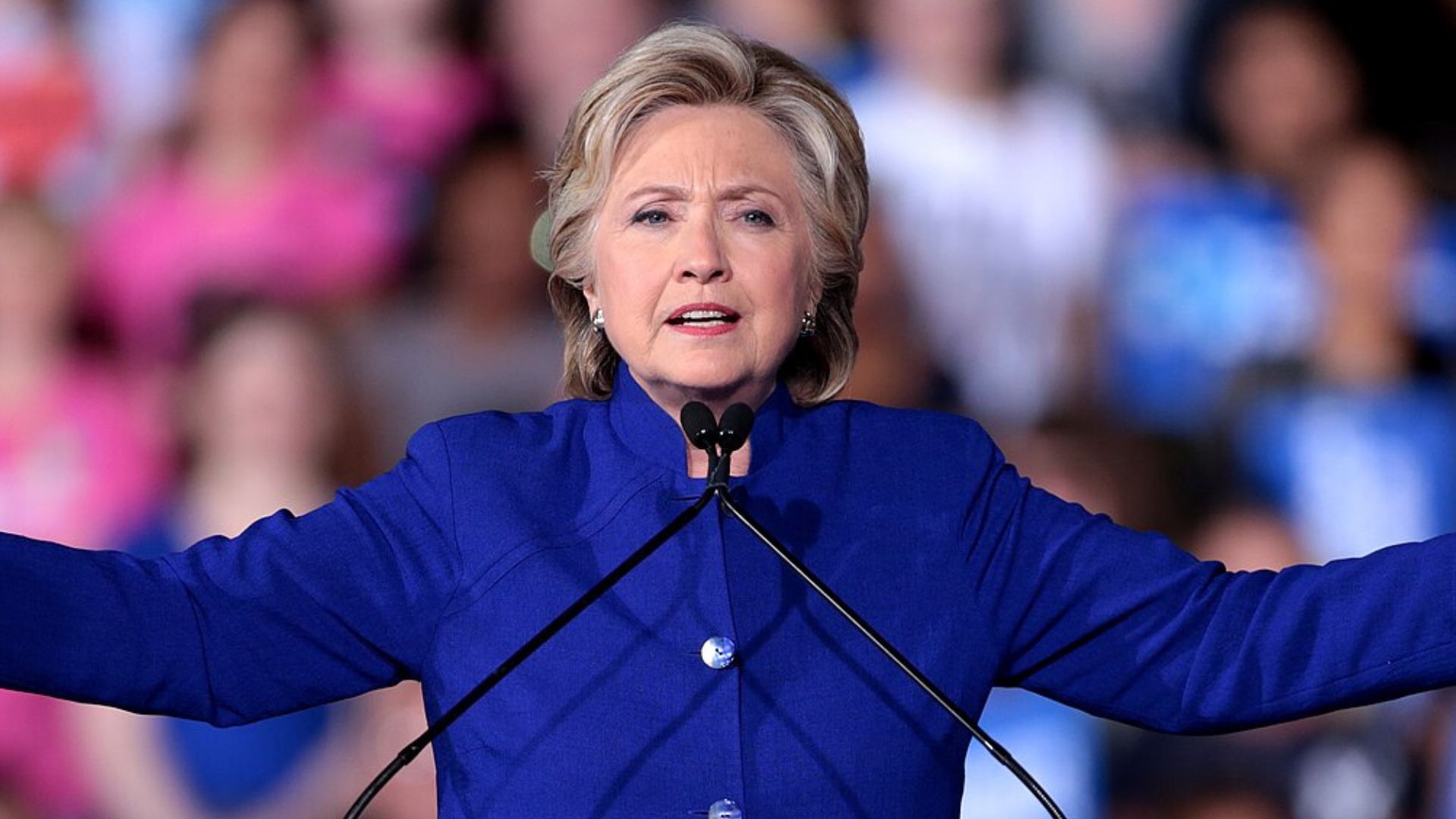
Radio host Dana Loesch also weighed in with harsh criticism, accusing Clinton of disrespecting WWII veterans’ legacy.
She wrote, “In 2016 you attempted to undo everything they fought for by partnering with Fusion GPS to launder discredited oppo in the press, and merchandise it into surveillance warrants on enemies through FISA.”
Podcast Host Slams Clinton’s Comparison
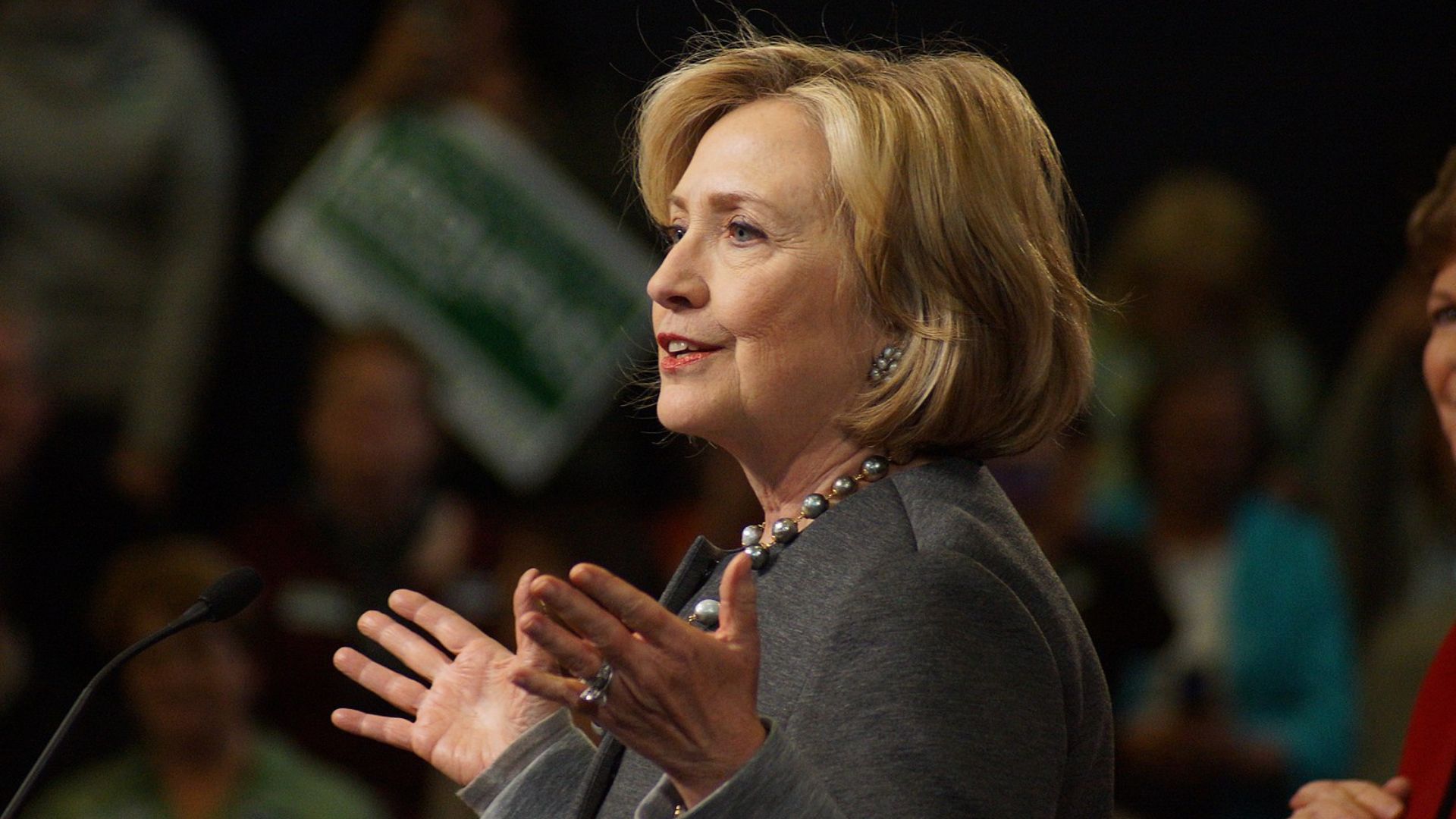
The backlash continued with “Comfortably Smug,” a host of the “Ruthless” podcast, lambasting Clinton for her remarks.
He called her a “shameless, broken, lizard person” for making such a comparison, suggesting that she minimized the true bravery demonstrated during WWII.
Clinton Is Still Bitter About Trump’s Win
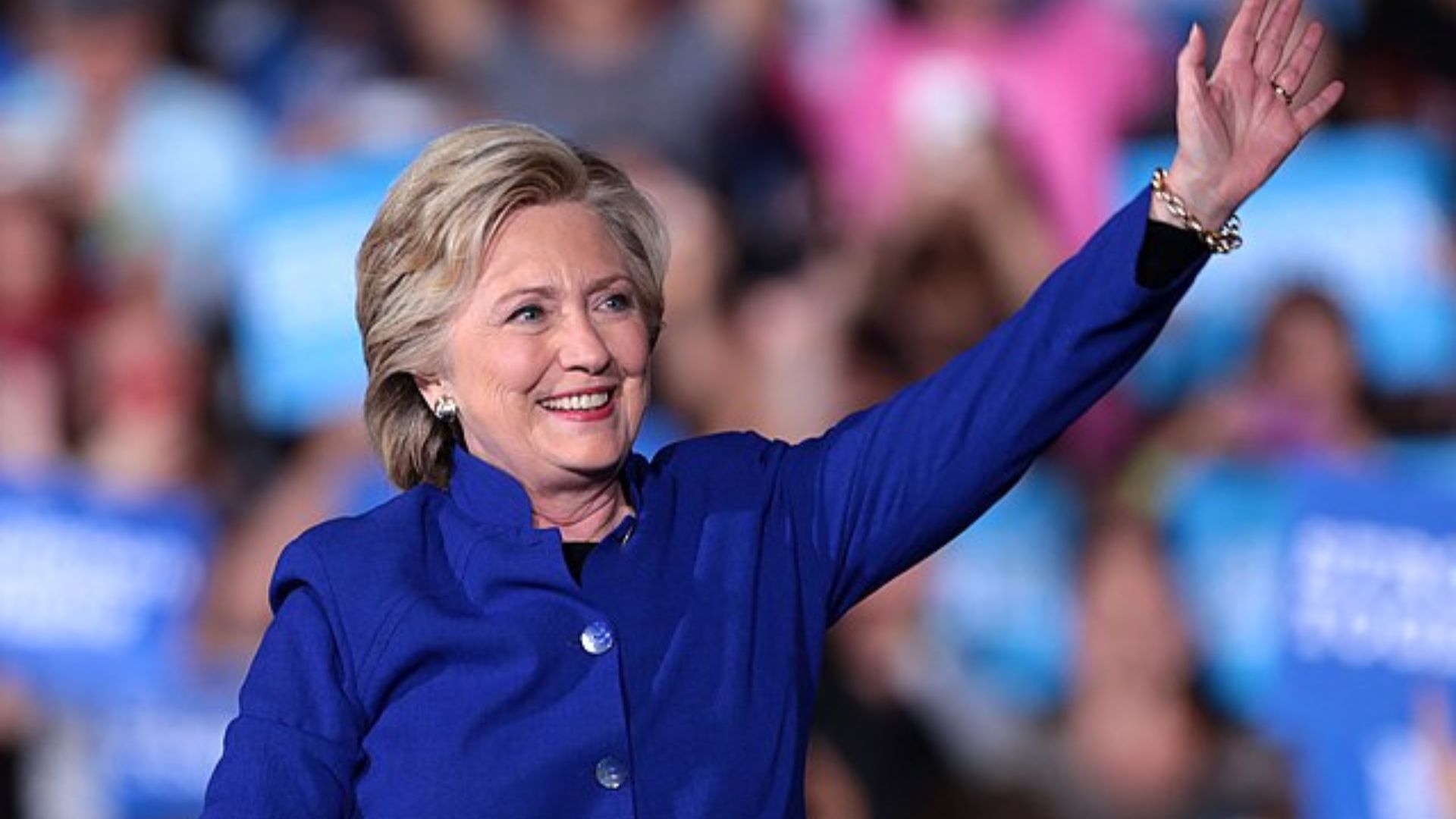
Comfortably Smug also added to their post with a bit of sarcasm, stating that as they have previously voted, they know exactly what it must have been like for the troops during the D-Day landings and that they are “braver than the troops.”
Adding to the post, they also mentioned that Clinton is clearly still bitter over Trump winning against her during the 2016 presidential elections.
No Longer a Serious Society
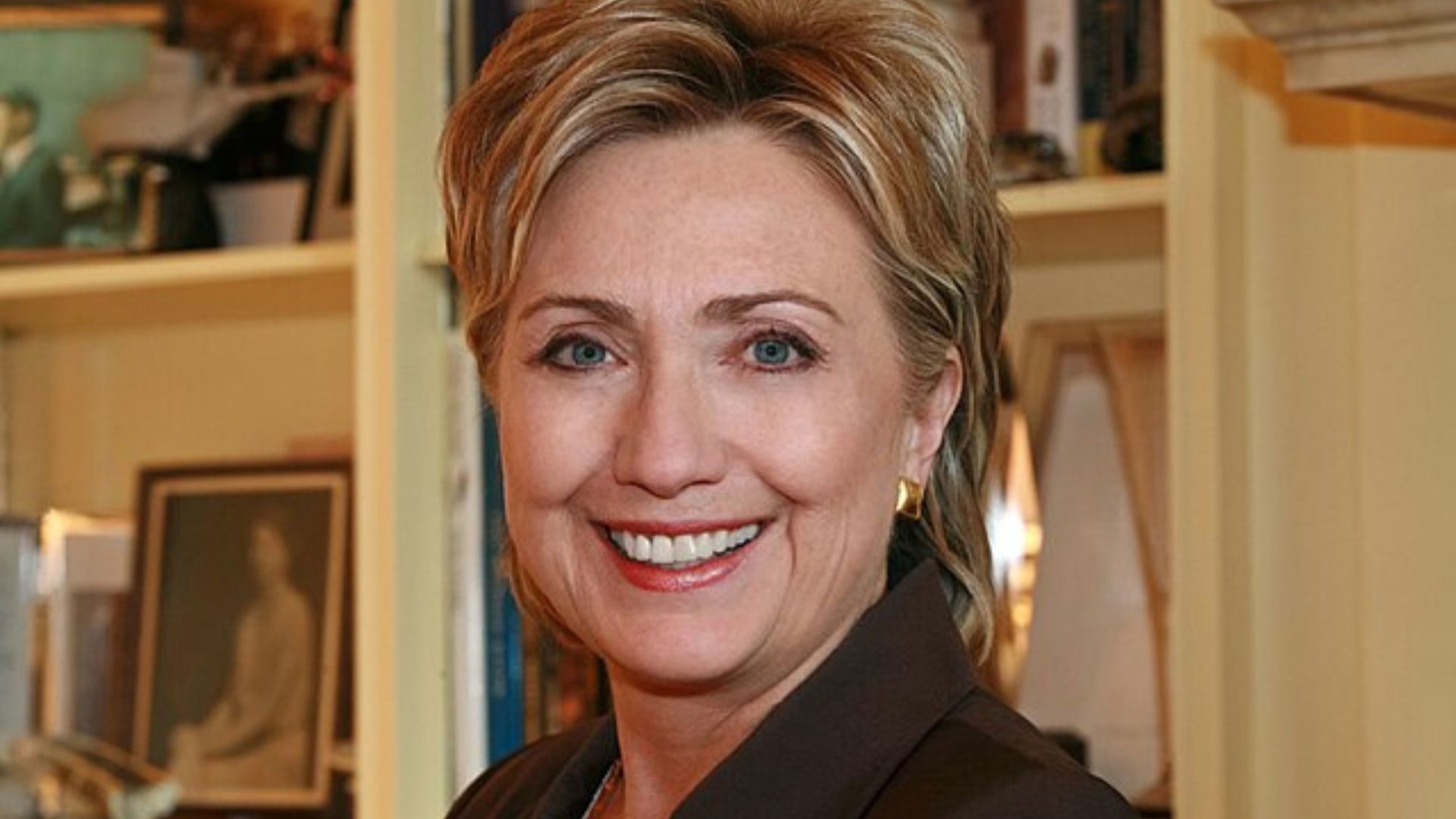
While replies to Clinton’s post on X have been turned off, people have still been able to quote the post and share their thoughts and feelings on it.
One poster did just this and said, “We are no longer serious as a society,” citing Clinton’s claims as “beyond blasphemous” and that she should be reprimanded.
Turning D-Day Into a Political Talking Point

Politics is about scoring points and showing that you are better than your opponent. However, there is a time and a place for this.
One posted on X said that turning the anniversary of the D-Day landings into a political point scoring match was low-class.
Insulting Other Americans
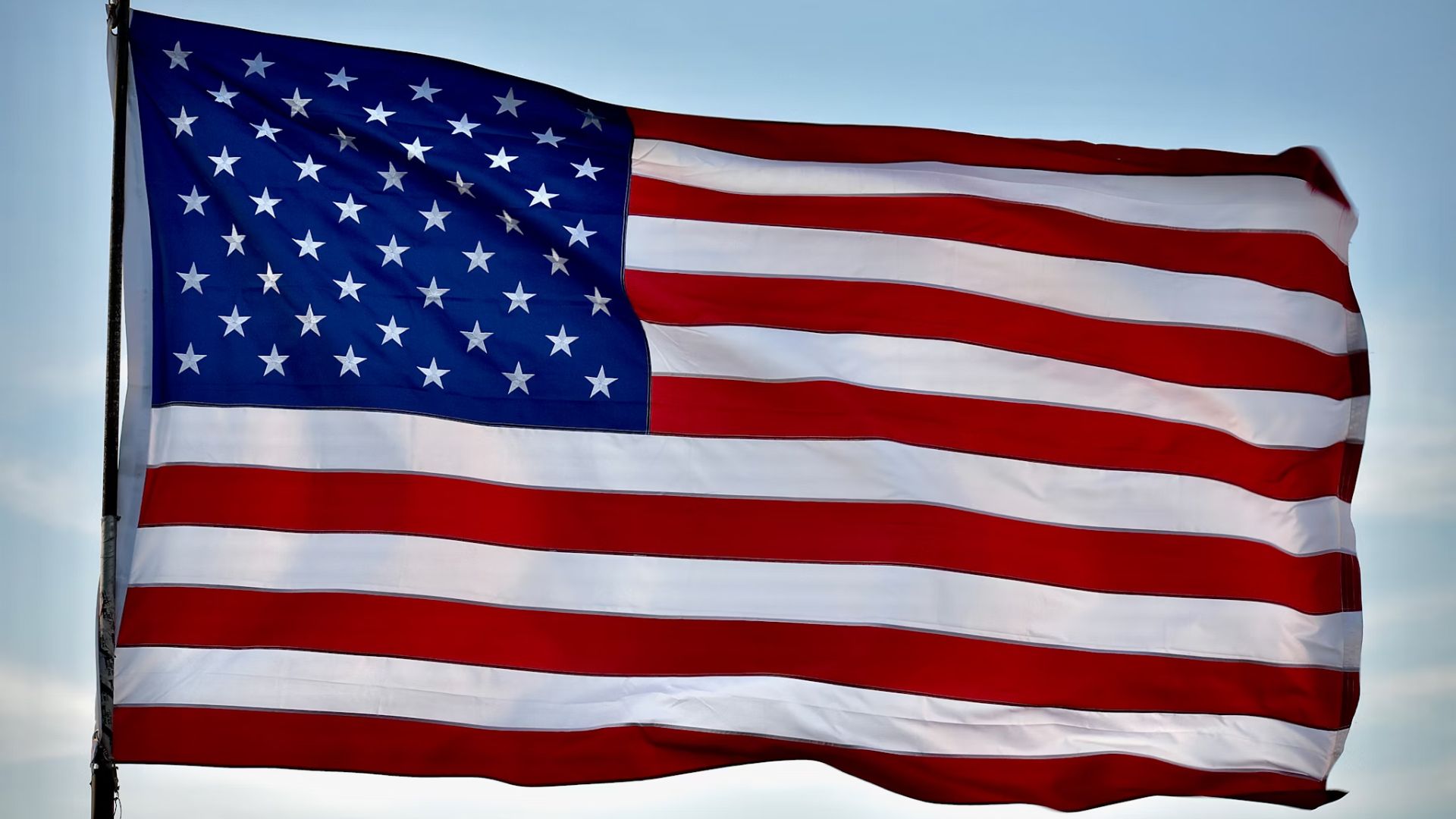
Many Americans alive today will likely have had someone in their family that they know of involved in the D-Day landings. In fact, some of the veterans involved in the war are still alive to this day and remember the tragedies that came with it.
One posted on X said that Clinton has “cheapened and disgraced the sacrifice of the soldiers” and has “grossly insulted half of her fellow Americans.”
No One Takes Hillary Clinton Seriously
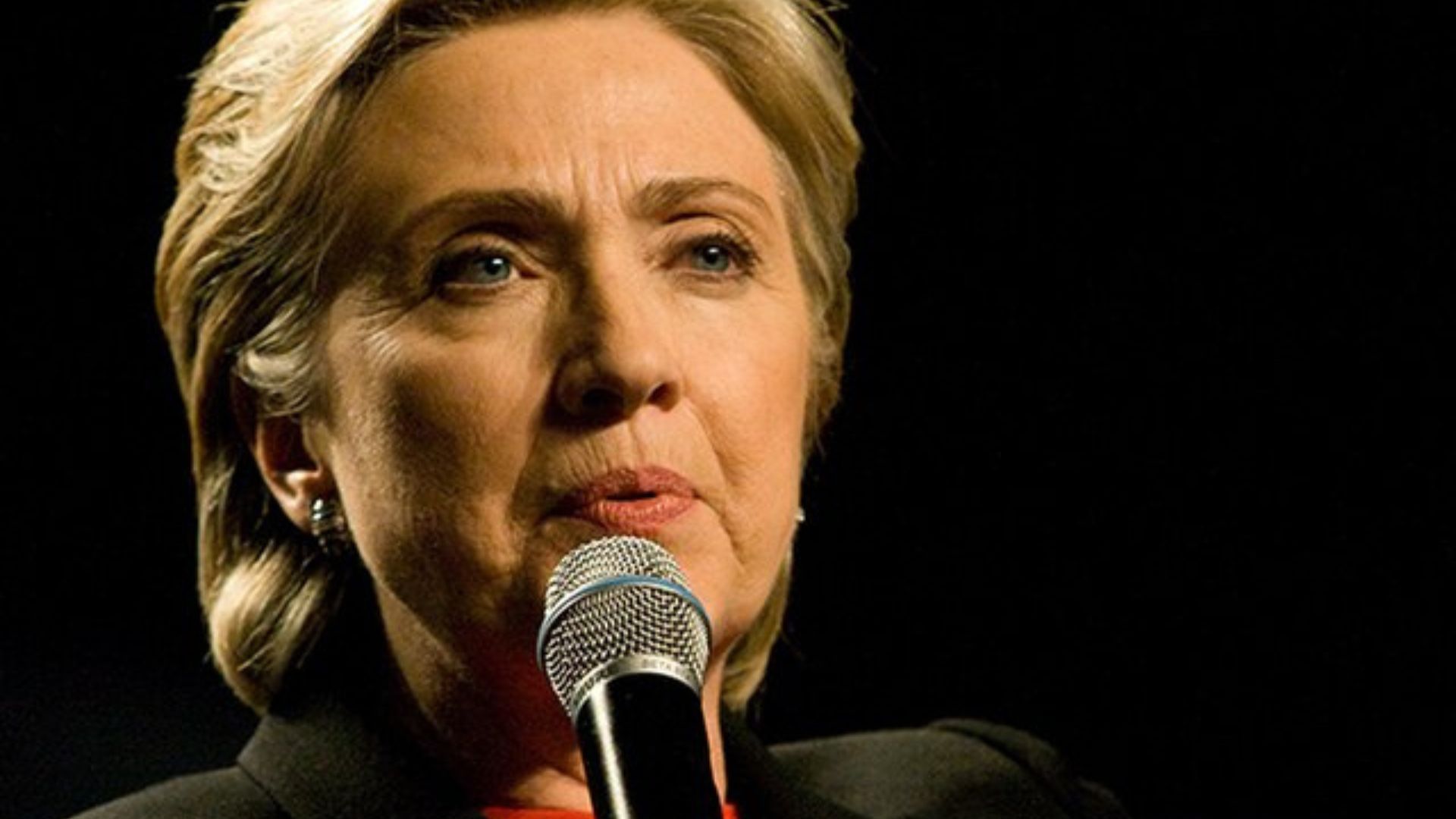
Steven Cheung, a campaign spokesman for Trump, has made his feelings for Clinton quite clear, referring to her as “a stone-cold loser.”
He also claimed that no one takes Clinton seriously and that she is doing anything she can to stay as relevant as Trump is after her 2016 presidential election defeat.
A Veteran’s Fierce Reaction
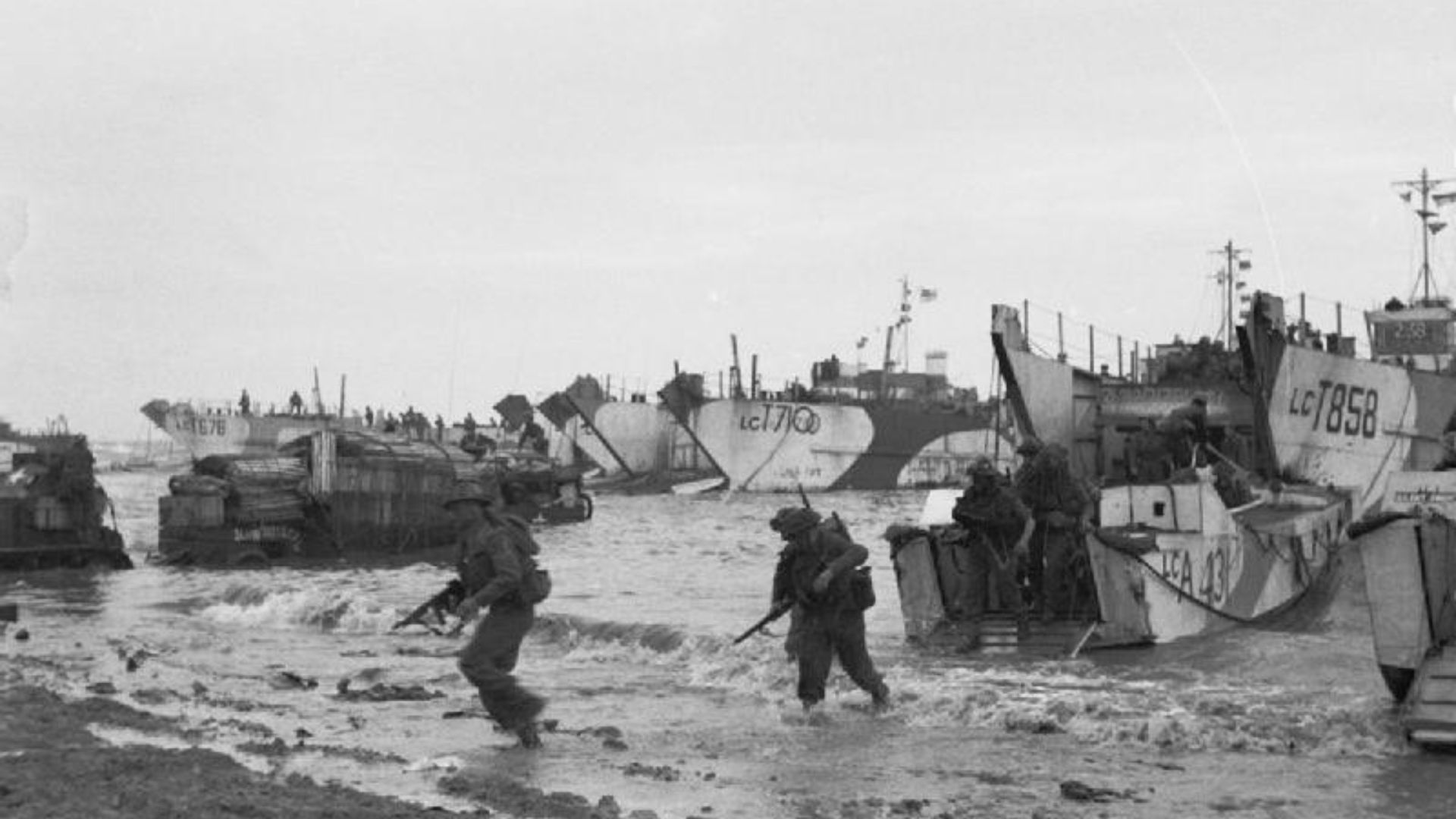
Sean Parnell, a combat veteran and author, didn’t mince words when reacting to Clinton’s post.
He stated, “Holy **** I despise these people. It’s impossible to capture just how loathsome a comment this is. To cheapen what WWII heroes did to BS garbage politics makes me sick.”
The Fear Troops Would Have Faced
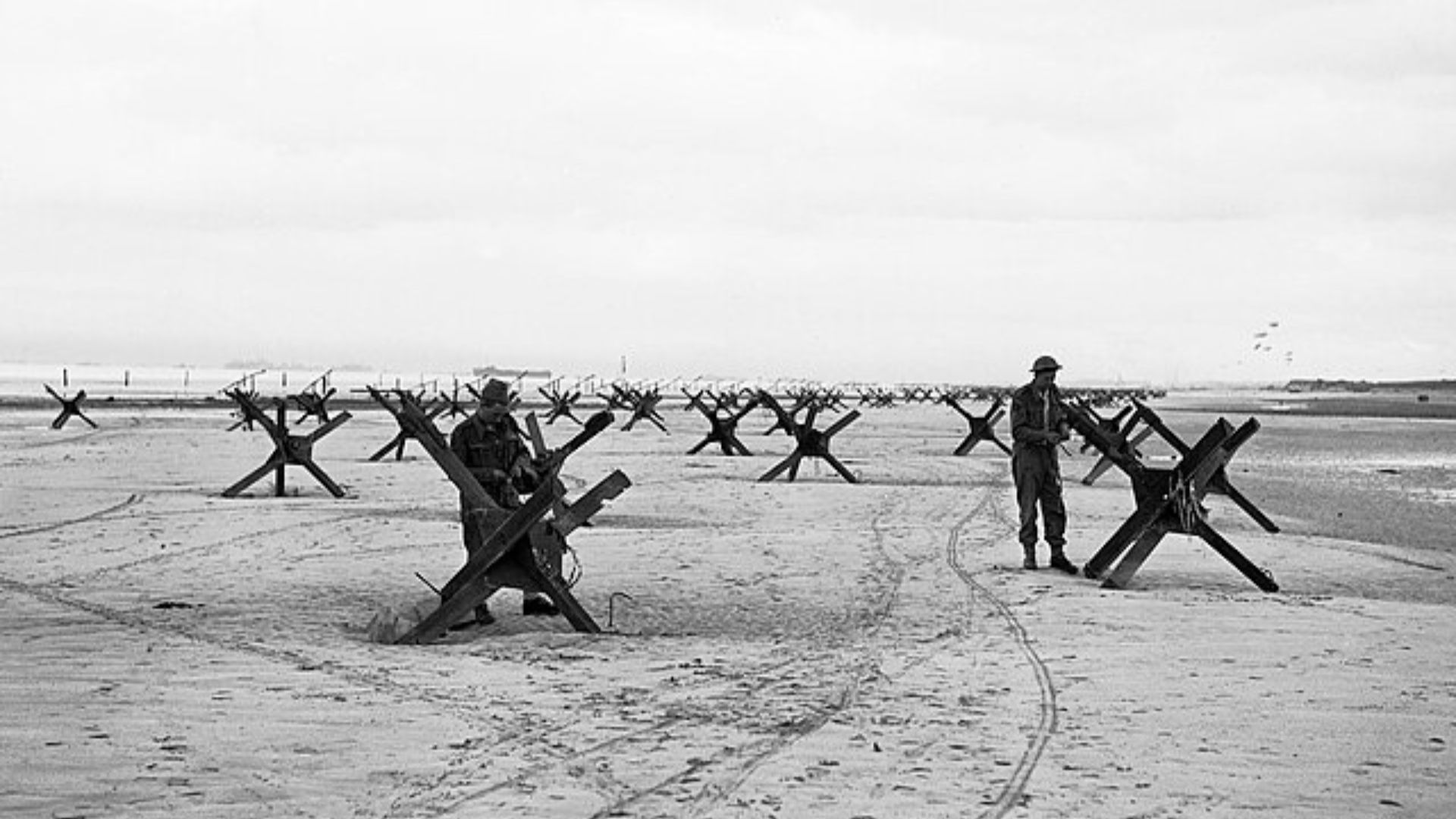
Many of the troops that were involved in World War II and the D-Day landings would have done so voluntarily; however, others would have been called up for service, regardless of whether they wanted to serve or not.
Due to the immense amount of fear and courage, it would have taken for these troops to take part in the war, not knowing if they were ever going to see their family or friends again, this is why the backlash against Clinton has been so strong.
Joe Biden Also Under Fire
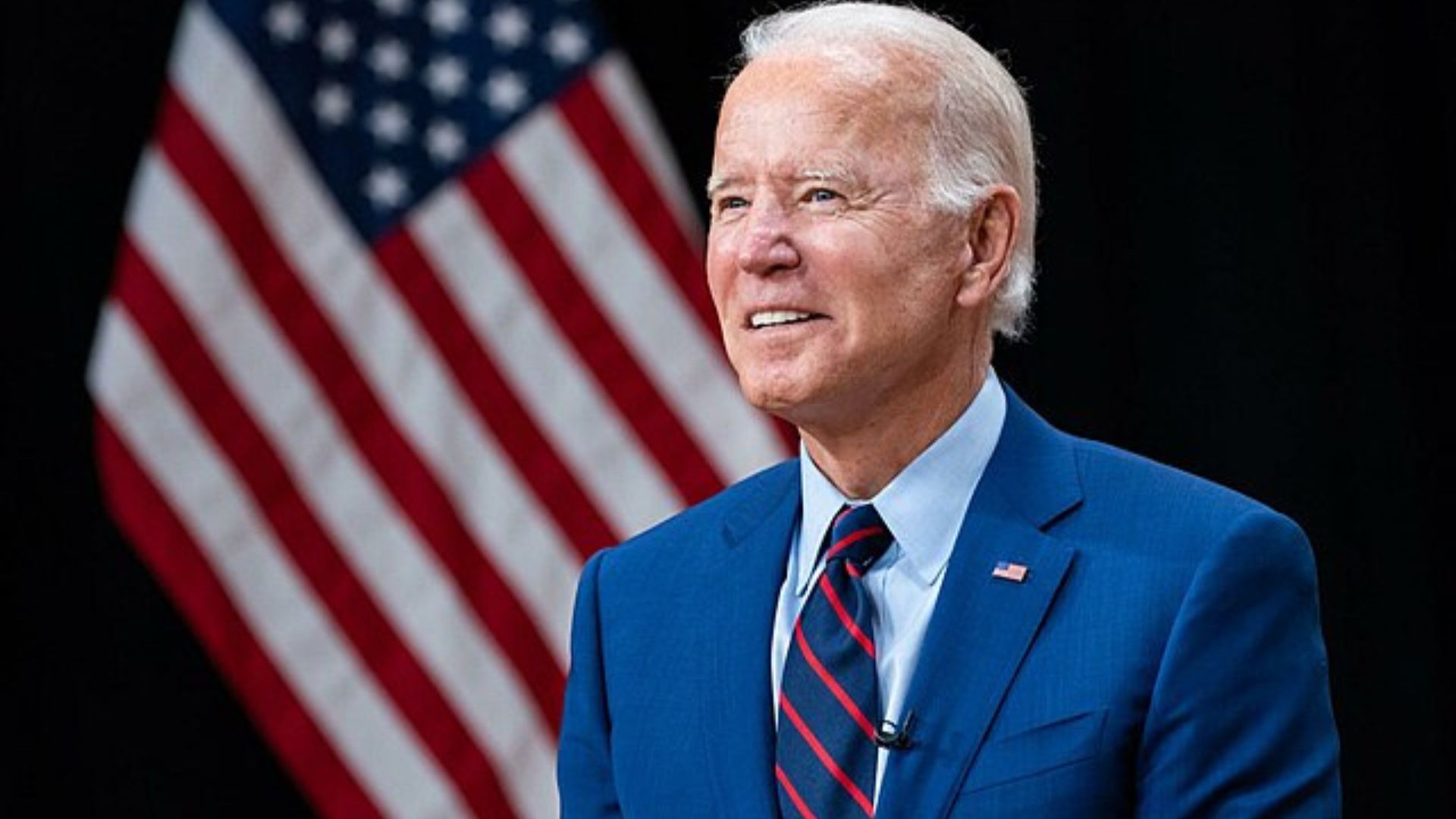
Hillary Clinton isn’t the only one under fire for her comments regarding D-Day, as President Joe Biden has also come under fire for his D-Day speech that sounded rather similar to former President Ronald Reagan’s D-Day speech.
This speech had been made around 40 years ago at France’s Pointe du Hoc, with critics drawing comparisons between the two and saying that Biden will never be the leader that Reagan was.
Democrats vs Republicans
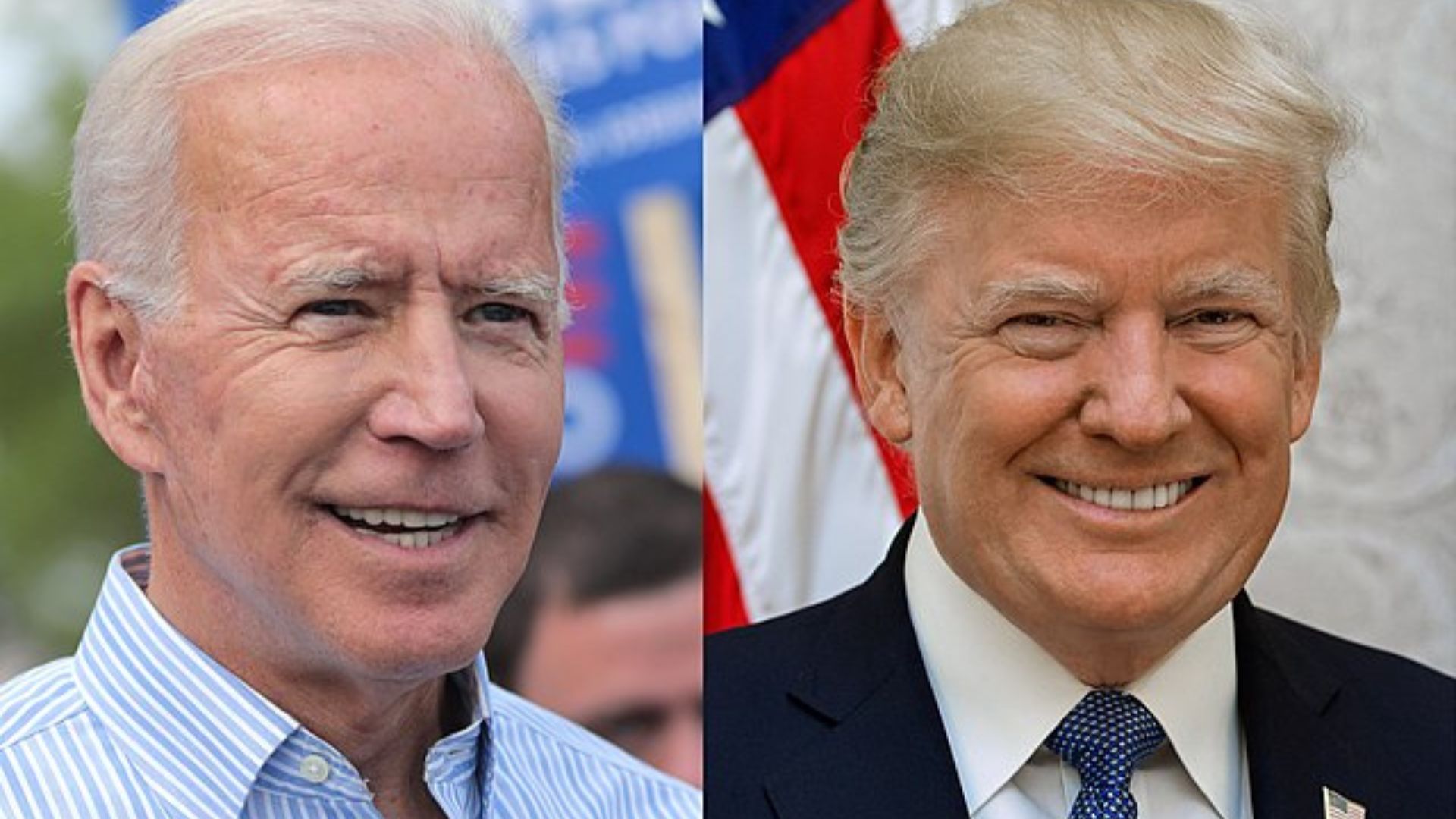
Biden also appeared to take a note from Hillary’s book, as he also made reference to the upcoming US presidential election in his D-Day speech.
In his speech, Biden made reference to saving democracy. While he didn’t strictly mention his presidential rival, Donald Trump, by name, many believe this was his way of saying that the Democrats should be voted back into power in November 2024 to help keep democracy alive.
War Against Democracy
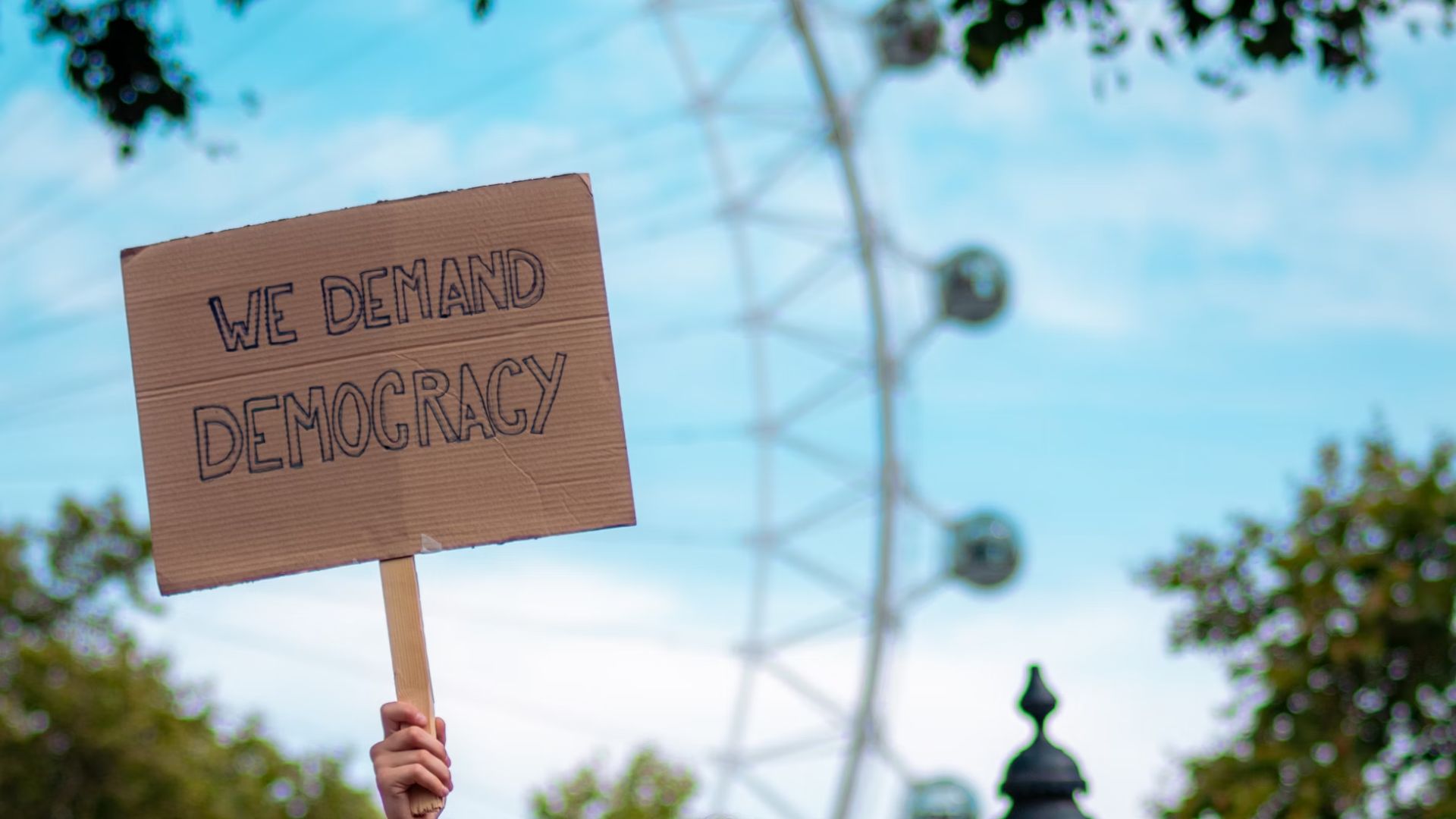
There have been an increasing number of attacks against Trump ever since the January 6 riots in 2021 at the US Capitol Building, which prevented Congress from certifying the results of the 2020 presidential election.
There have also been accusations of Republicans trying to prevent minorities from voting by implementing voter ID laws and limiting mail-in votes.
Clinton’s History of Controversial Comparisons
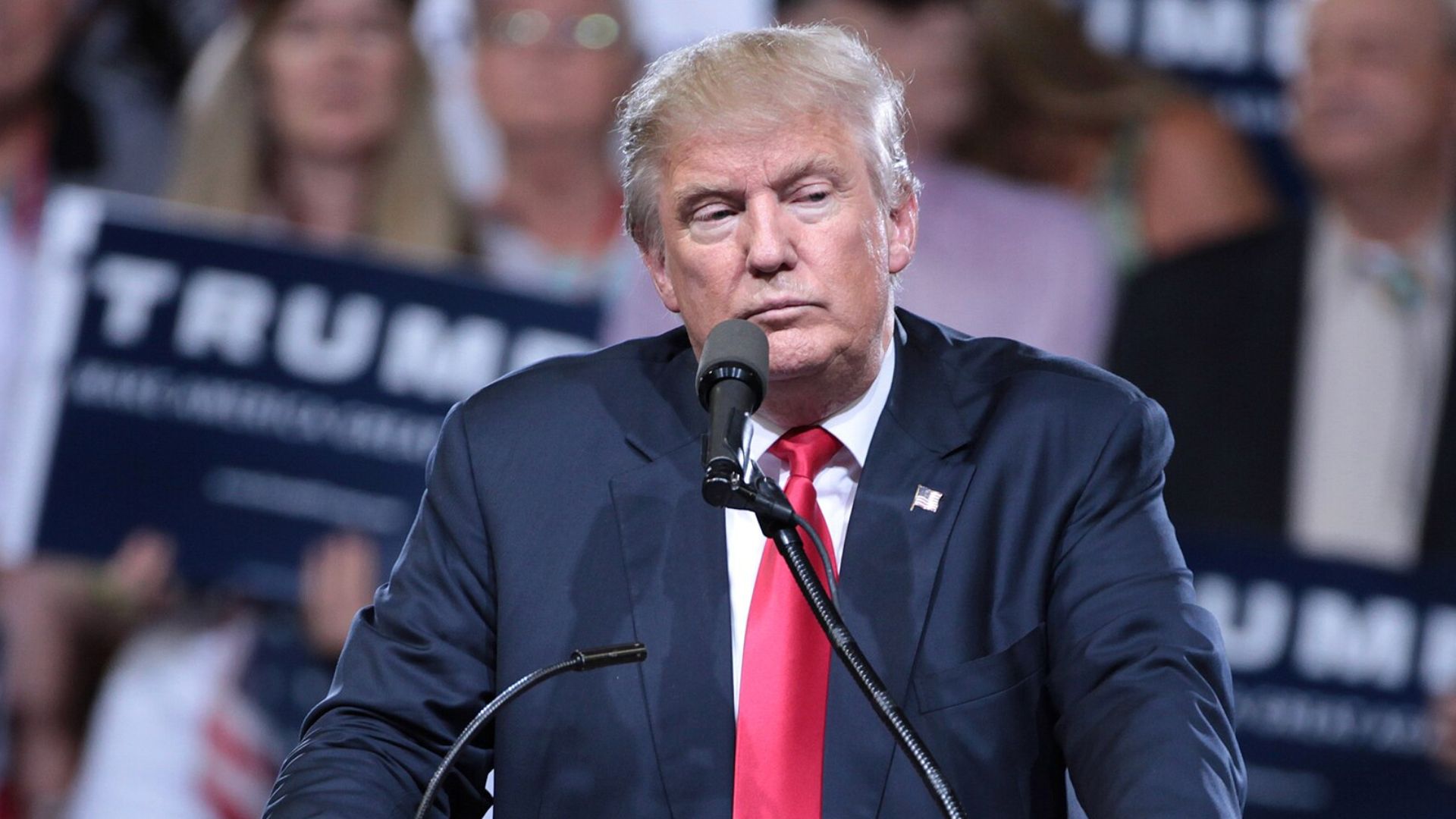
Clinton has been known for her provocative statements. Earlier, she compared Donald Trump to Hitler in a post discussing an Associated Press article.
This isn’t the first time her words have ignited a firestorm of criticism, showing how polarized reactions to her statements can be.
Trump’s Truth Social Post
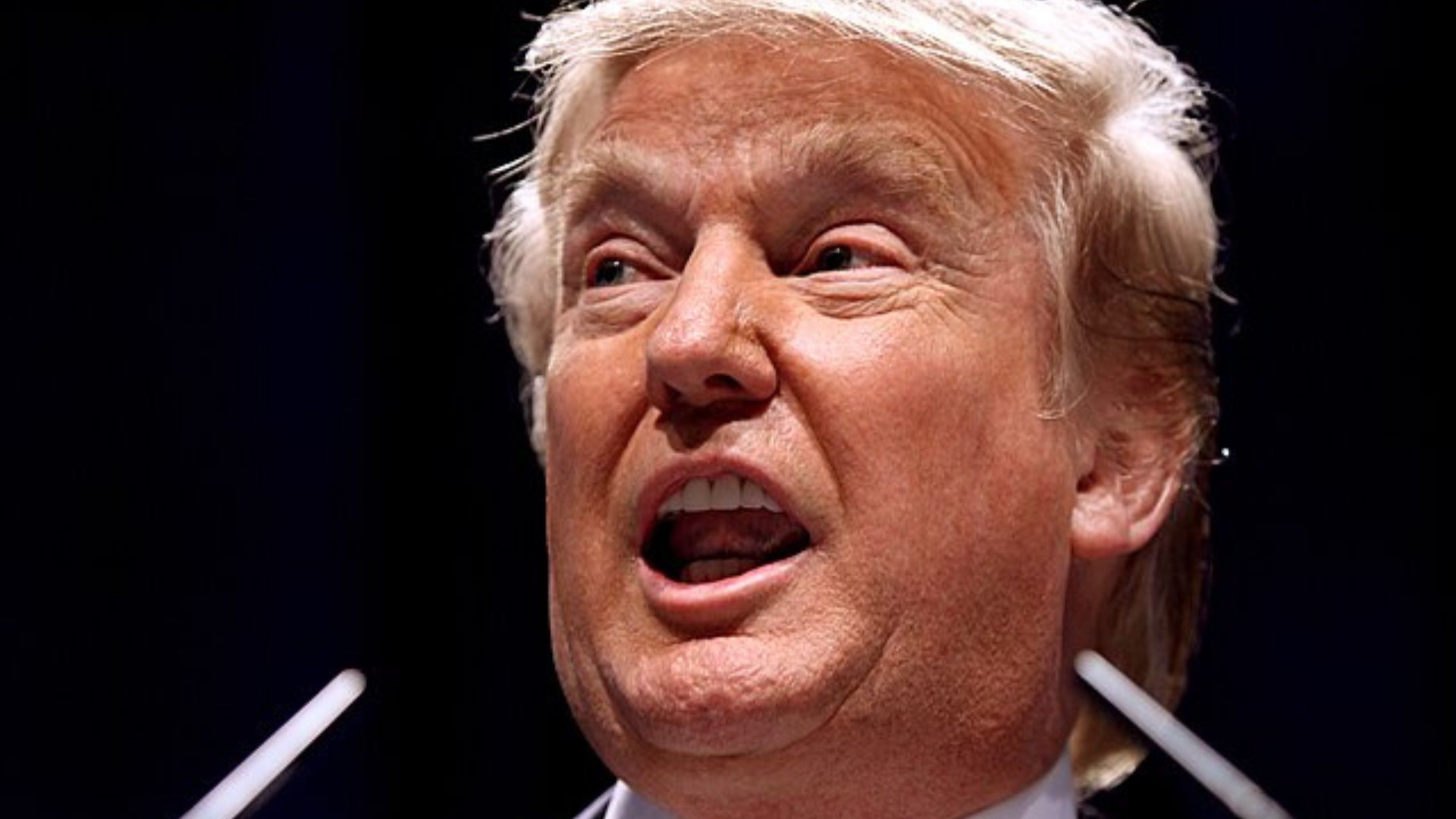
The Associated Press article referred to a video posted to Trump’s Truth Social account, which made reference to hypothetical headlines should he win back the presidency in November 2024.
However, a Trump staffer has since claimed that this video wasn’t made by Trump or any of his staff but by a random account. The post was then reposted by one of Trump’s staffers. Due to the content in the video, this is where Clinton’s comparison between Trump and Hitler came from.
Comparing Donald Trump to a Dictator
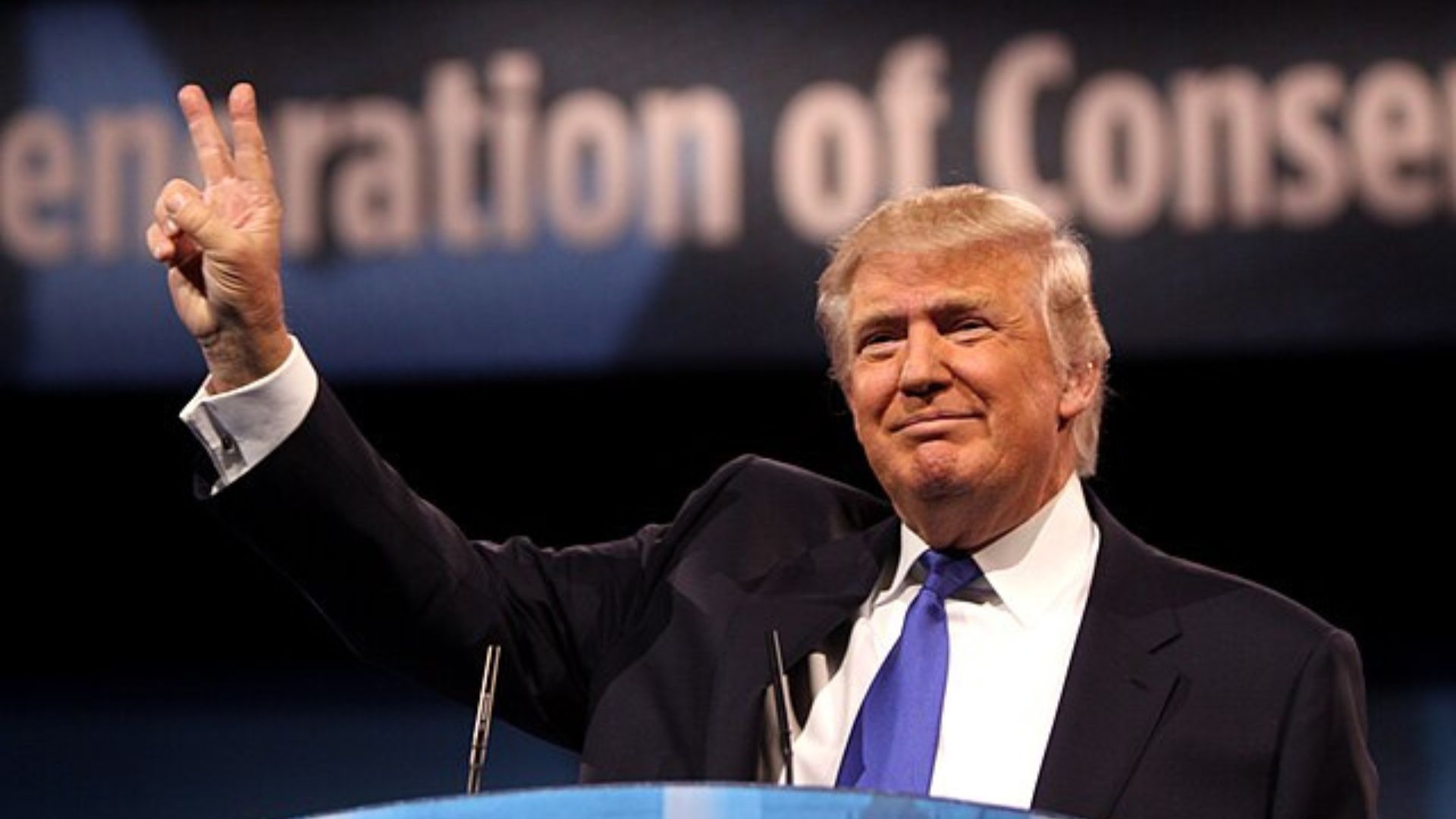
Both Biden and Clinton have often referred to Trump as wanting to turn the US into a dictatorship, with him as the leader. They have even referenced 1930s Europe in the run-up to World War II.
A dictatorship is not something that is just born overnight, as it takes time to evolve. They claim that this is exactly what is happening now and will only get worse should Trump get back into power.
The Impact of Clinton’s Words on Public Discourse

The reaction to Clinton’s D-Day post illustrates the volatile nature of political discourse in America today.
Her attempt to draw parallels between historical bravery and current political actions has sparked a conversation about what is appropriate in commemorating such significant events.
The Historical Significance of D-Day
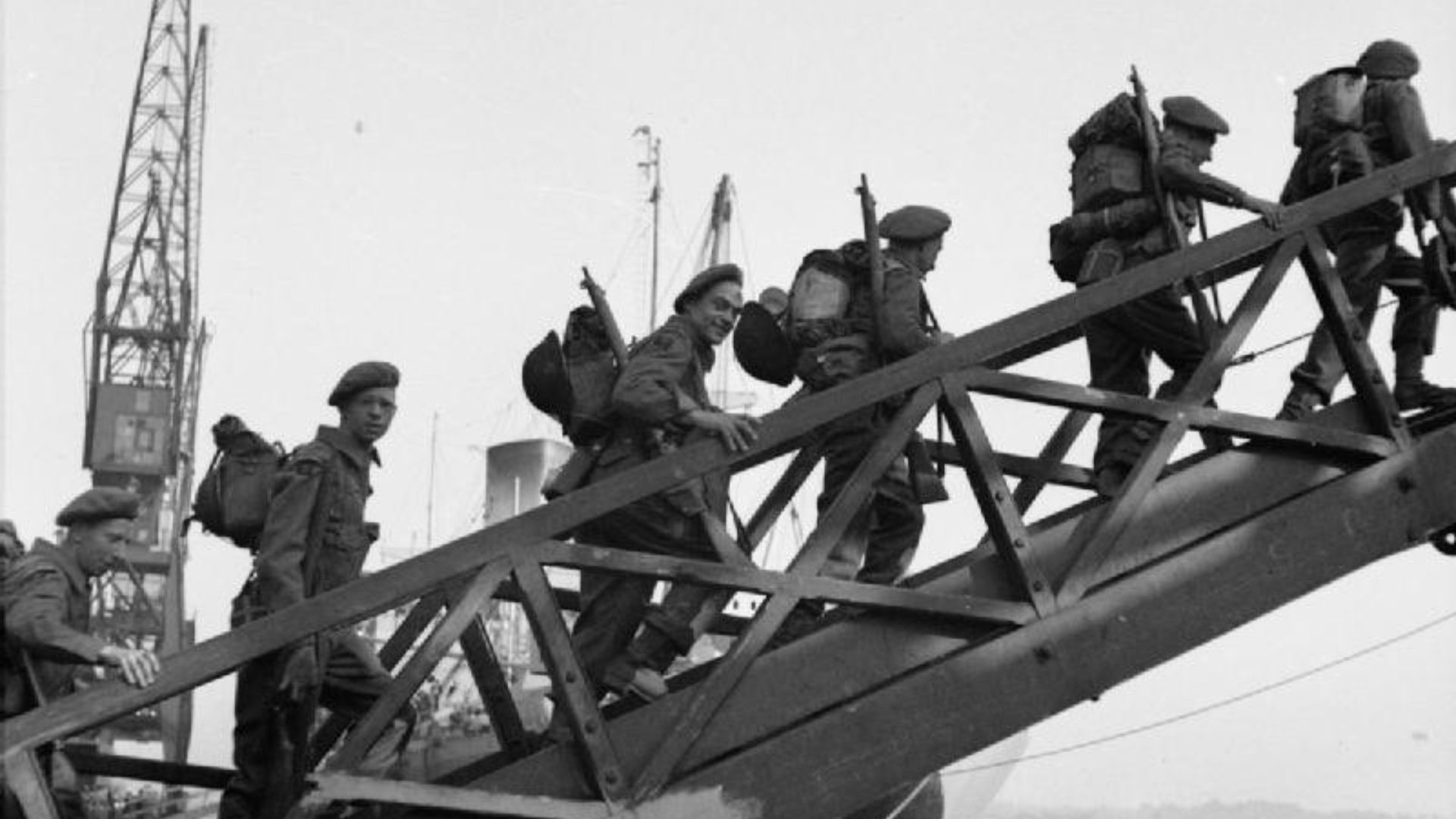
D-Day is remembered as a pivotal moment in WWII, marking the start of the liberation of Europe from Nazi control.
The invasion involved immense bravery and sacrifice, which many feel should not be compared to contemporary political activities.
What Happened During D-Day?
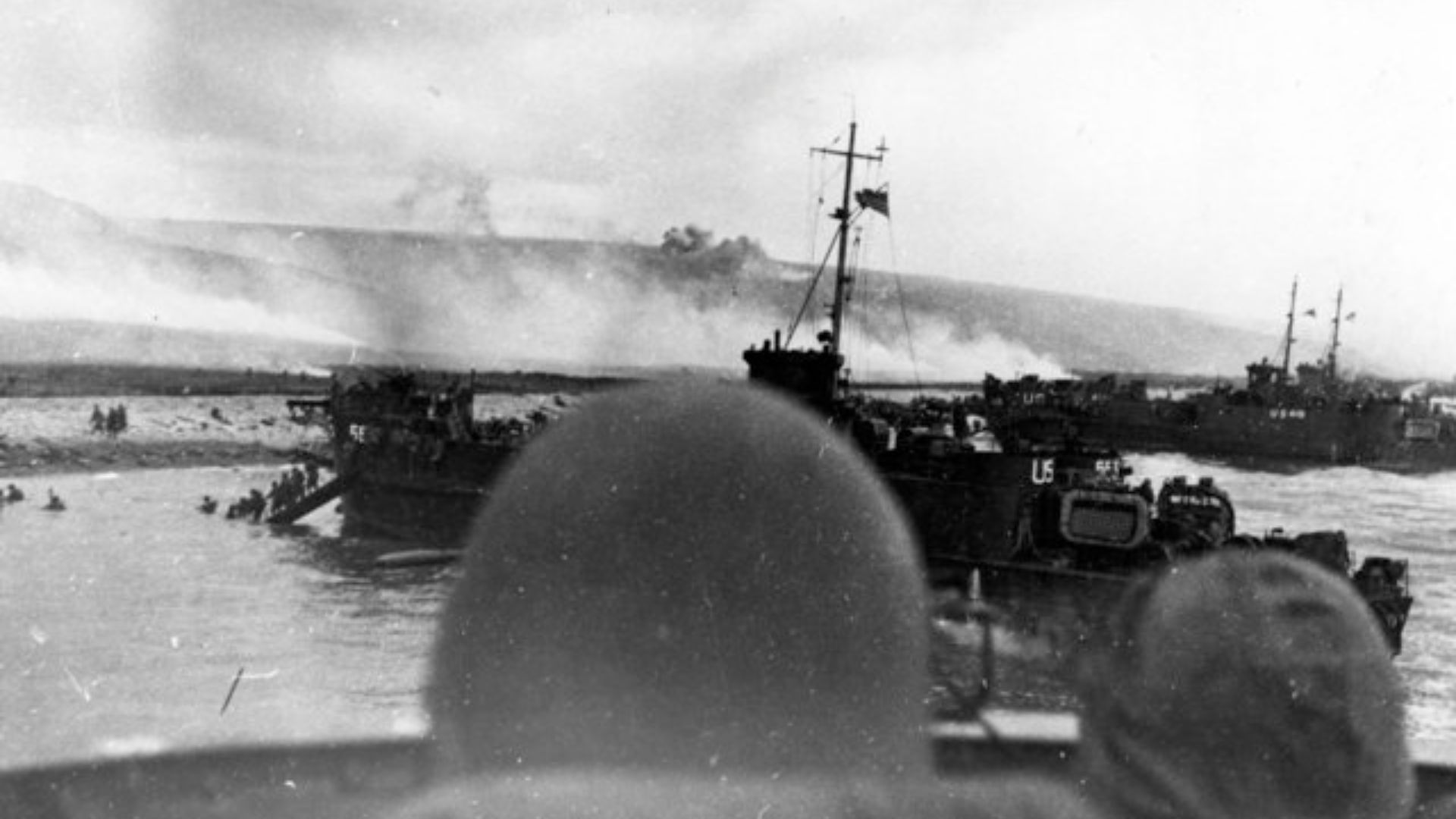
D-Day happened on June 6, 1944, and involved thousands of US troops and Allied paratroopers landing around Normandy beach prior to an armada of thousands of ships taking Allied troops across the English Channel.
It is known as being the largest air, land, and sea battle throughout history. Thousands of troops died as a result, but it did mark the beginning of the end for Hitler’s war against Europe.
The Role of Social Media in Political Debates
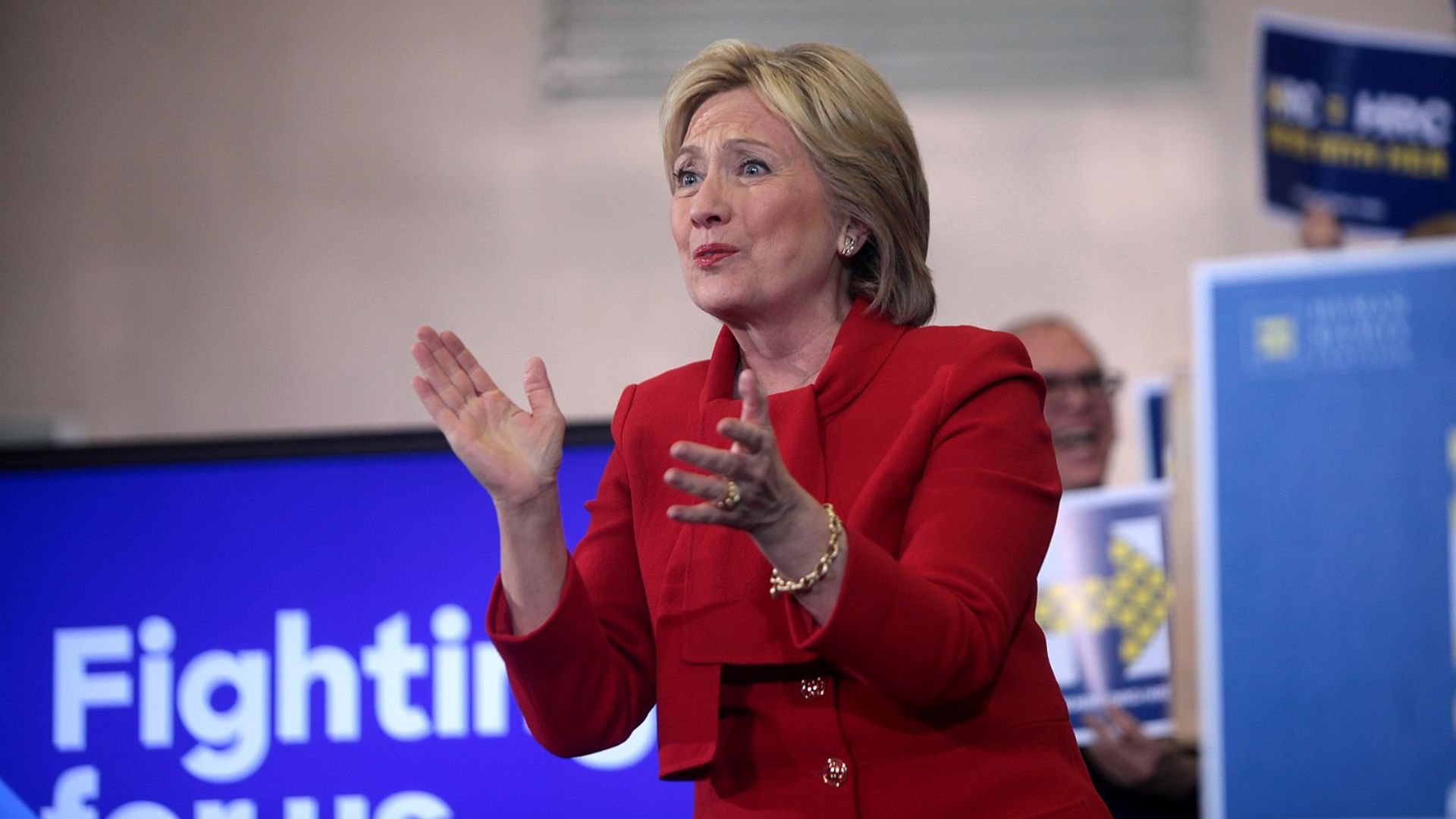
Clinton’s post on X (formerly Twitter) highlights how social media can be a double-edged sword in politics, amplifying messages but also igniting controversy.
This incident is a textbook example of the potential backlash when historical events are used in political narratives.
Analyzing the Criticism from Conservative Voices
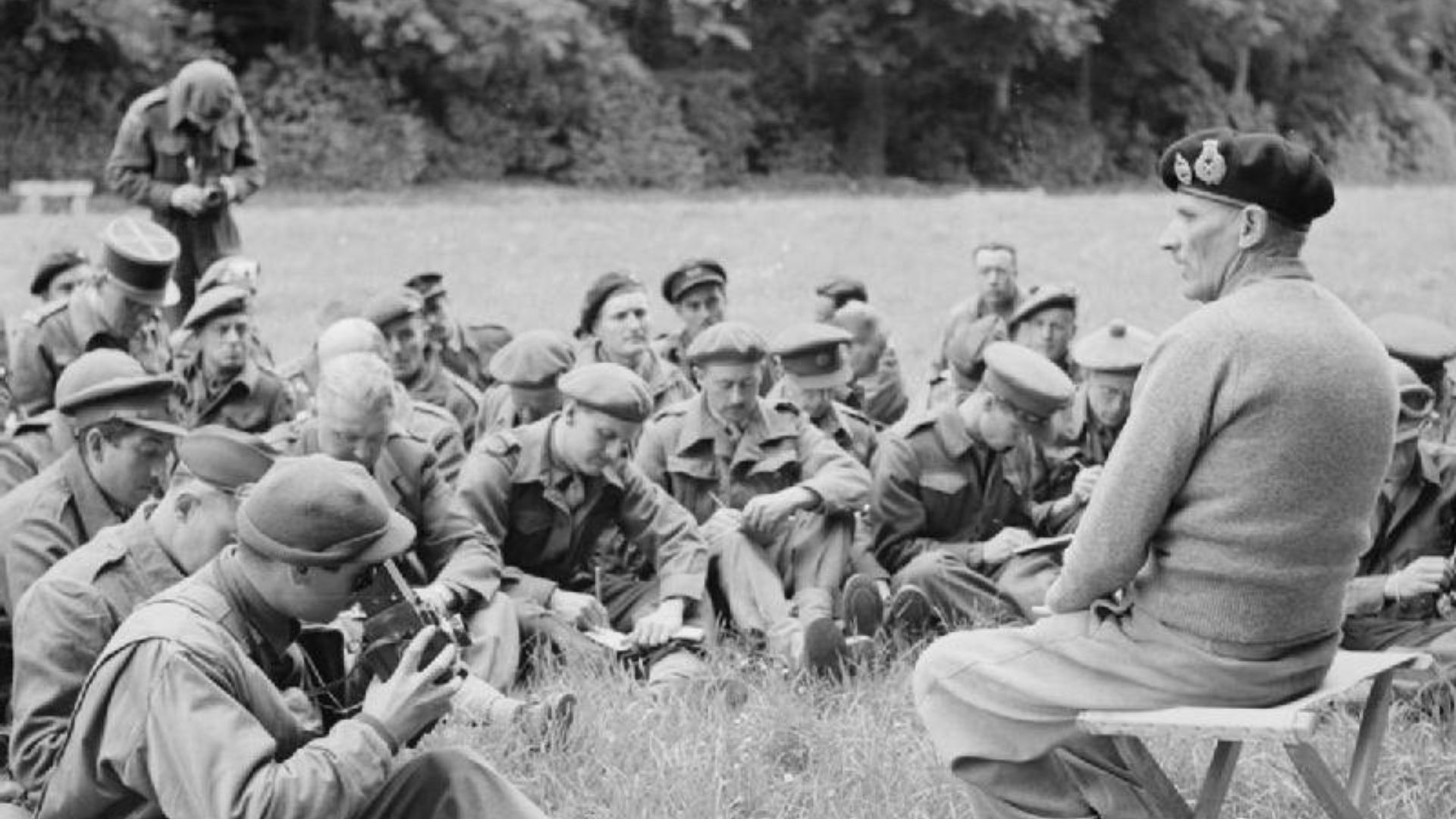
The criticism from conservative commentators sheds light on the deep divisions in how different groups perceive respect and remembrance.
The intense reactions also reflect broader societal tensions over how history should be remembered and invoked.
Reflections on the Boundaries of Political Commentary

This controversy might prompt a broader discussion about the boundaries of political commentary and historical analogy.
It raises questions about sensitivity and respect in public discourse, especially concerning sacred historical events like D-Day.
Lessons from the Backlash
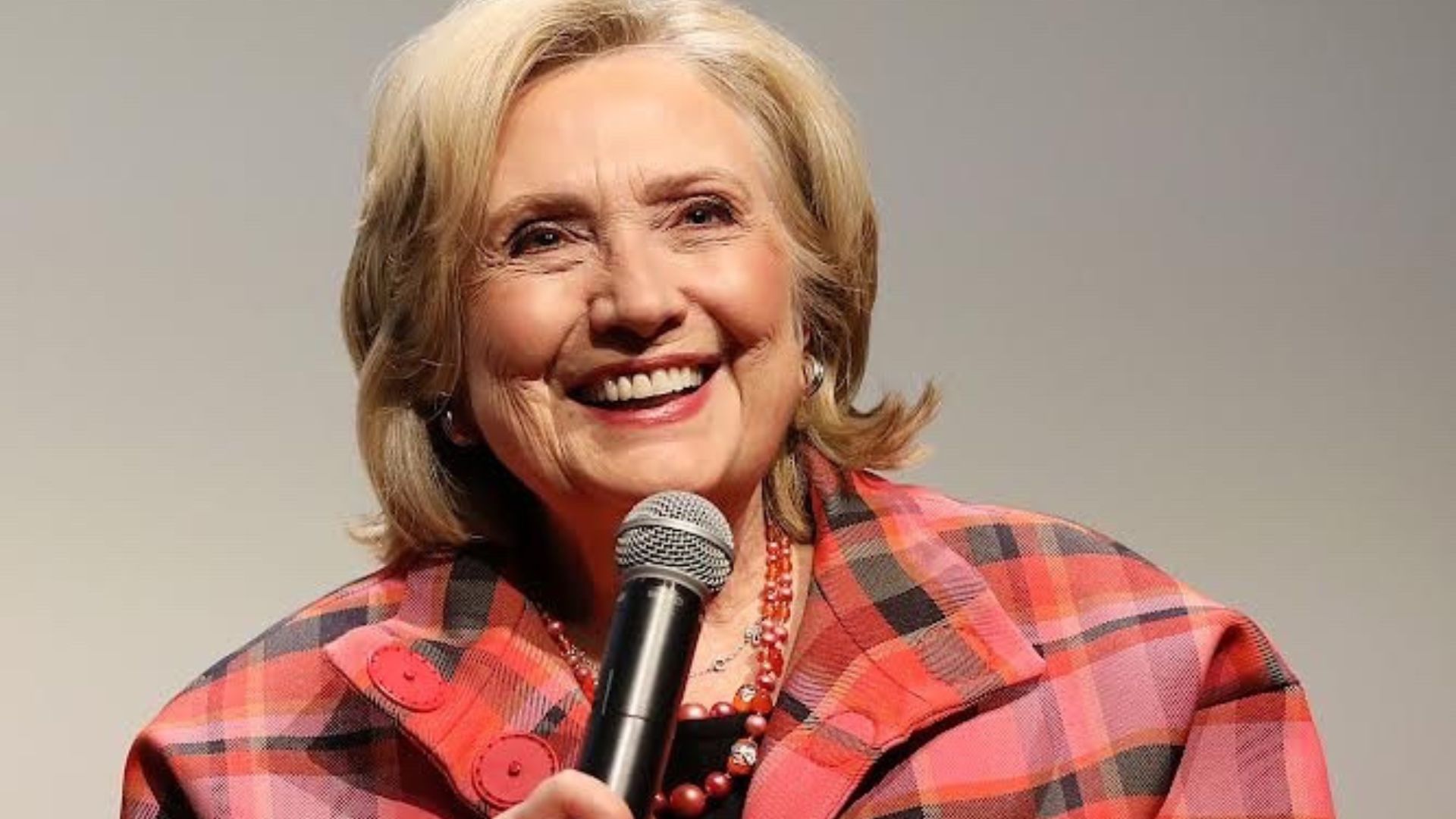
The backlash against Clinton’s D-Day comments serves as a cautionary tale for politicians and public figures about the risks of intertwining historical reverence with political points.
It demonstrates the need for careful consideration in how history is used to make contemporary points.
